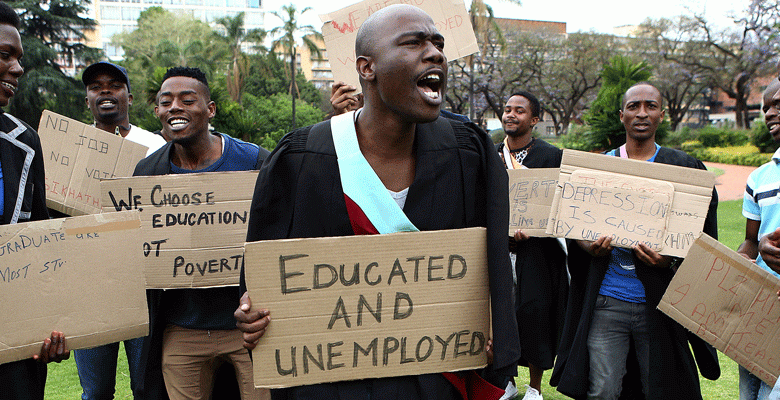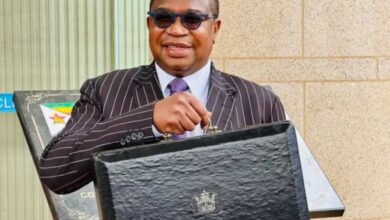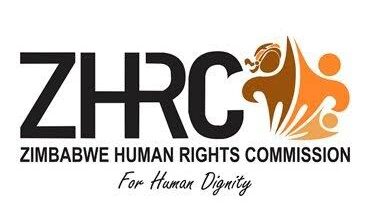MPs Push For Quota System to Tackle Youth Unemployment in Public Service.

Nqobizwe Thebe
Lawmakers on Tuesday urged the government to introduce a quota system for youth employment in the public service, citing rising graduate unemployment and shrinking job opportunities.
The motion, introduced by Hon. Makumire, focused on youth under 35, who make up about 62% of Zimbabwe’s population. Official data from the International Labour Organization shows the youth unemployment rate at 14.3% in 2023, though broader estimates, including underemployment in the informal sector, suggest the figure could be higher.
Hon. Makumire pointed to the roughly 30,000 students who graduate annually from universities and colleges across the country. Many of those graduates, she said, end up in informal jobs or leave Zimbabwe for work elsewhere. “The graduates we are releasing from universities and colleges are leaving our country to benefit those who did not invest in them,” she said.
She linked the issue to the government’s Statutory Instrument 201 of 2024, which extended the pensionable retirement age for civil servants from 65 to 70, effective Jan. 1, 2025. The change, she argued, has reduced openings for new hires. “We must act as a matter of urgency because some of these young people are faced with hopelessness and tragically falling prey to social ills,” Hon. Makumire said.
She described unemployment as a “national time bomb” and proposed reviewing the statutory instrument, setting up a quota system, and filling existing vacancies with young professionals. She also suggested raising the recruitment age for uniformed forces and creating inter-ministerial committees for youth economic programs.
Hon. Murombedzi, who seconded the motion, said the Constitution requires the government to provide opportunities for youth. “This is not a favour, it is a constitutional duty, and when the government raised the retirement age… it acted in a manner that is inconsistent with this constitutional principle,” he said. He listed risks of youth joblessness, such as drug abuse, crime, and emigration. “If we continue to ignore them, we are planting seeds of instability,” he warned.
Other lawmakers weighed in, noting that youth unemployment is a worldwide issue but hits Zimbabwe differently. Hon. Pinduka praised government efforts like innovation hubs and vocational training but opposed raising recruitment ages in the military. “Yes, we may request the quota for the young people to be given the opportunity, I think that is commended, where opportunities are there,” he said.
Hon. Malinganiso supported the motion but pushed for wider fixes, including updating the education system for multi-skilled graduates and boosting rural economies. “Youth employment is not a favor but a strategic investment in the country’s development,” he stated. He called for reviving industries like transport, clothing, and mining to generate jobs.
Government Chief Whip Hon. Togarepi challenged the motion’s data and highlighted existing youth hiring in public sectors. “We are already employing youths in every sector in the Public Service,” he said, referencing recent hiring figures. He encouraged entrepreneurship over dependence on government roles. “The people of Zimbabwe are creating their own money and their own employment.”
The acting speaker intervened during heated exchanges, urging focus on national priorities over partisan divides. Lawmakers agreed to advance the motion, tying it to Zimbabwe’s Vision 2030 for an upper-middle-income economy. The discussion underscores tensions between retaining experienced workers and opening doors for youth amid economic pressures.
Picture Credit: NewsDay





